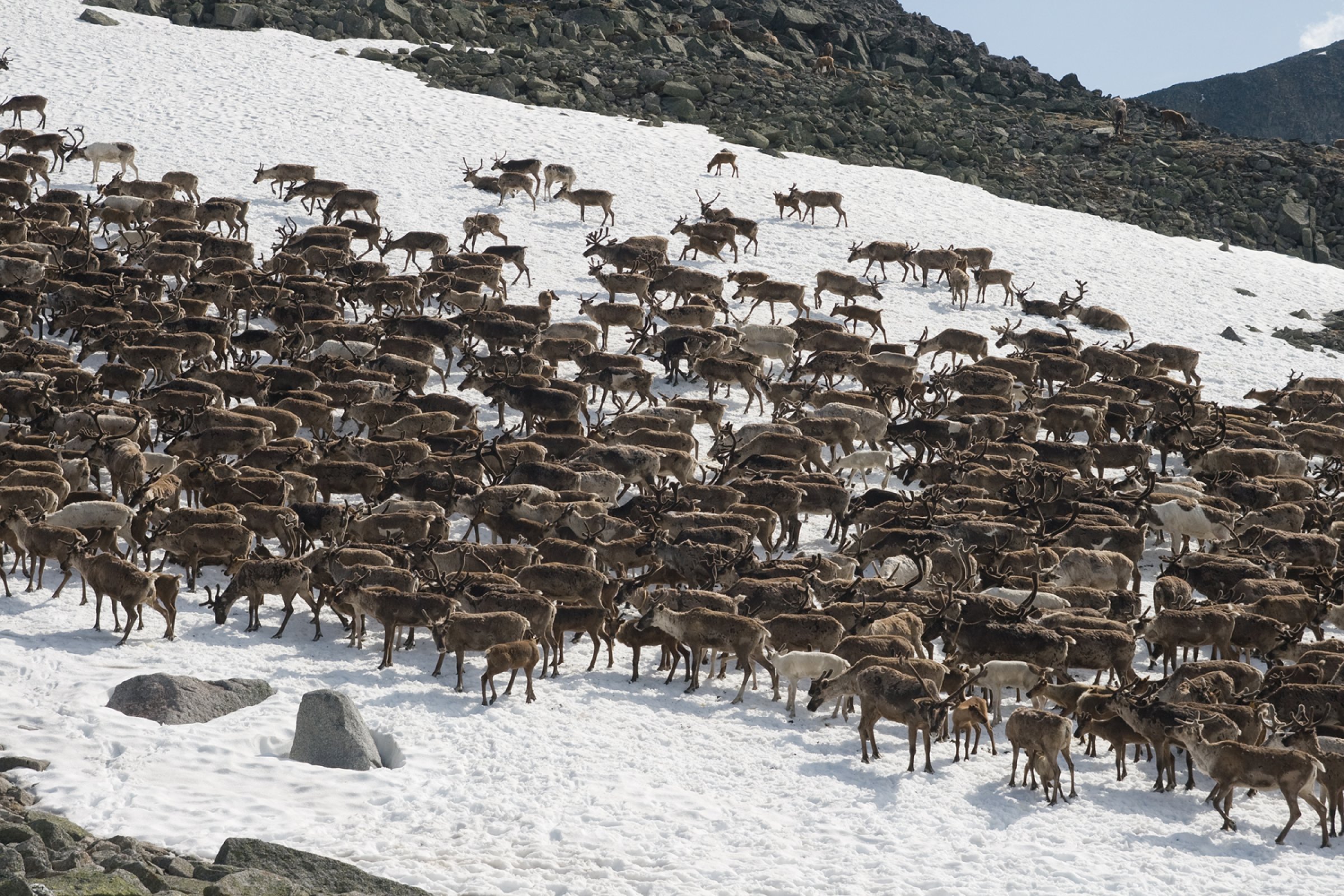European researchers collaborate on CWD
The Norwegian Veterinary Institute is participating in a new European project to investigate the deadly prion disease Chronic Wasting Disease (CWD) in cervids. The main goal is to be able to contribute to better strategies for detecting, managing and controlling the disease.
-This project is the first European multi-national research project on CWD, says Sylvie Benestad who is the Norwegian coordinator in the project.
The project will last for three years and led by Dr. Fiona Houston at the Roslin Institute in Edinburg, UK. In addition to UK and the Norwegian Veterinary Institute, researchers from NINA and NMBU as well as research groups from Sweden, Spain, France and Germany also participate.
It is supported by the International Coordination of Research on Infectious Animal Diseases (ICRAD), an ERA-NET co-funded under European Union’s Horizon 2020 research and innovation programme.
The researchers seeks to understand better the threat associated with the infectious disease affecting cervids in order to contribute to more effective strategies for detecting and controlling infections, and get better information about the risks that CWD can potentially pose to livestock and humans.
-Among other things, we will look at how the disease can spread by examining in more detail the CWD cases that have been diagnosed in Norway and Sweden in relation to location, age, genetics and the movements of the cervid species in question. We hope that the results can help prevent serious outbreaks of this deadly prion disease, says Benestad.
The Norwegian Veterinary Institute participates in all parts of the project and will lead the epidemiology part of it where mathematical models and tools are used to develop better strategies for surveillance and to look at how the disease spreads.
The researchers will also investigate the possibility that CWD can be transmitted to animal species, such as sheep, cattle and pigs, both by laboratory methods and by inoculation in transgenic mice.
